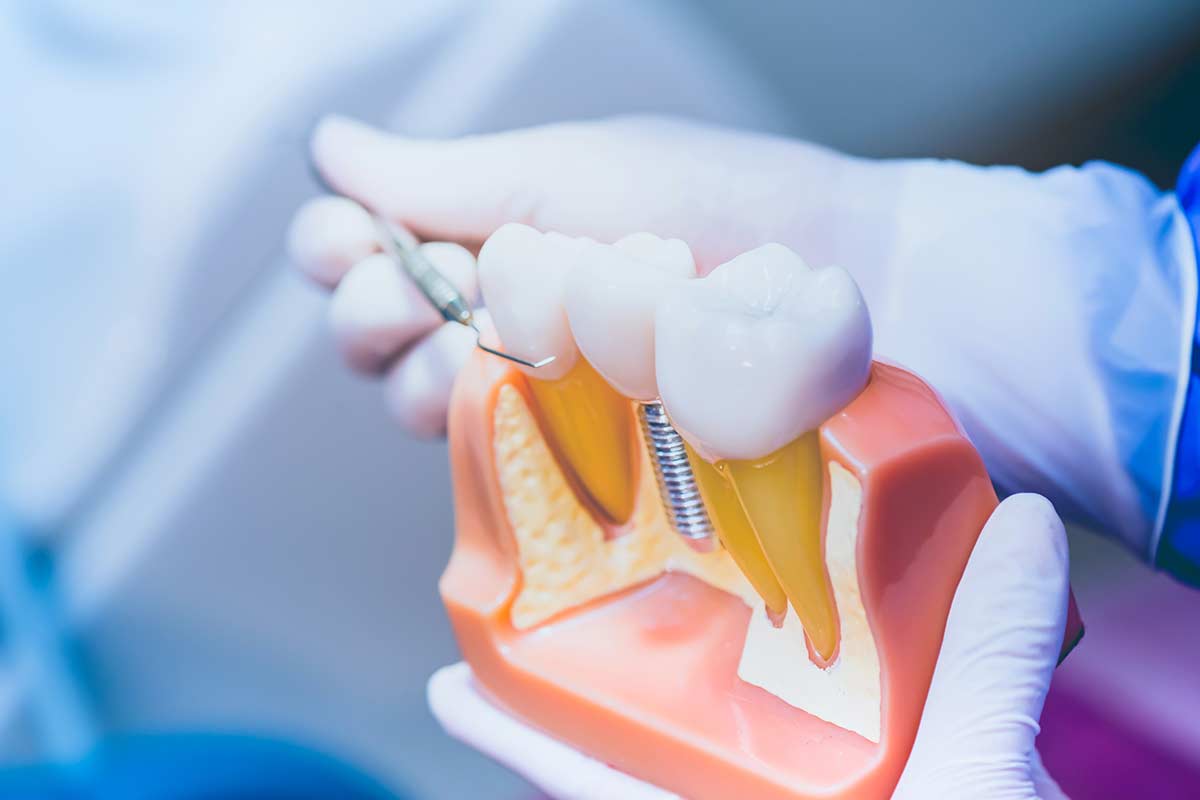Dental Implants: 4 Ways How Tooth Replacement Impacts Diet and Health
Maintaining a healthy diet is crucial for overall well-being, and dental health plays a significant role in ensuring proper nutrition. When individuals experience tooth loss, their ability to chew and consume certain foods may be compromised. Dental implants offer a long-term solution for tooth replacement, positively impacting both diet and overall health. In this blog, we will explore how dental implants in Melbourne contribute to better nutrition and discuss the broader implications for overall well-being.
The Link between Tooth Loss and Nutrition:
Tooth loss can significantly impact an individual’s ability to chew and digest food effectively. Missing teeth can limit food choices to soft, processed, or easily digestible options, often resulting in a diet lacking essential nutrients, such as fibre, vitamins, and minerals. This limitation can have long-term consequences for overall health, potentially leading to nutrient deficiencies, weight gain, and related health issues.
The Role of Dental Implants in Restoring Nutrition:
- Restored Chewing Function: Dental implants provide a stable and durable foundation for replacement teeth. Unlike other tooth replacement options, such as dentures or bridges, dental implants mimic the natural tooth root, allowing for more effective chewing. With dental implants, individuals can enjoy a wide range of foods, including crunchy fruits and vegetables, which are vital for a balanced and nutritious diet.
- Improved Digestion and Nutrient Absorption: Proper chewing is the first step in the digestion process. Thoroughly chewing food enables the release of essential enzymes, facilitating proper digestion and nutrient absorption. Dental implants enhance the chewing process, ensuring that food is adequately broken down before reaching the digestive system. This promotes better nutrient absorption and overall digestion.
- Expanded Food Choices: Dental implants provide stability and strength, enabling individuals to expand their food choices. With implants, individuals can enjoy a diverse diet that includes lean meats, whole grains, nuts, and raw vegetables. This variety contributes to a well-rounded nutritional intake, improving overall health and vitality.
- Psychological Well-being and Eating Habits: Tooth loss can lead to reduced self-esteem and confidence, impacting individuals’ social interactions and eating habits. Cheap dental implants in Melbourne restore a natural smile and improve self-confidence, encouraging individuals to participate in social activities and enjoy meals with others. The psychological well-being associated with dental implants can positively influence eating habits and promote a healthier relationship with food.
The Broader Implications for Overall Health:
- Oral Health and Systemic Health: Dental implants not only restore oral function but also play a vital role in maintaining oral health. By filling the gaps left by missing teeth, implants prevent adjacent teeth from shifting and maintain the integrity of the jawbone. This contributes to better oral health, reducing the risk of gum disease and related systemic health issues, such as cardiovascular disease and diabetes.
- Long-term Impact on General Health: A balanced and nutritious diet is crucial for overall health. By facilitating proper chewing and enabling a broader range of food choices, dental implants support long-term nutrition and overall health. Adequate nutrient intake helps prevent chronic diseases, boosts the immune system, and supports optimal physical and mental well-being.
If you have experienced tooth loss, consider consulting with a dental professional to explore the potential benefits of dental implants in restoring nutrition and optimising your oral and general health. Don’t hesitate to talk to them about the dental implants cost in Melbourne as well.
